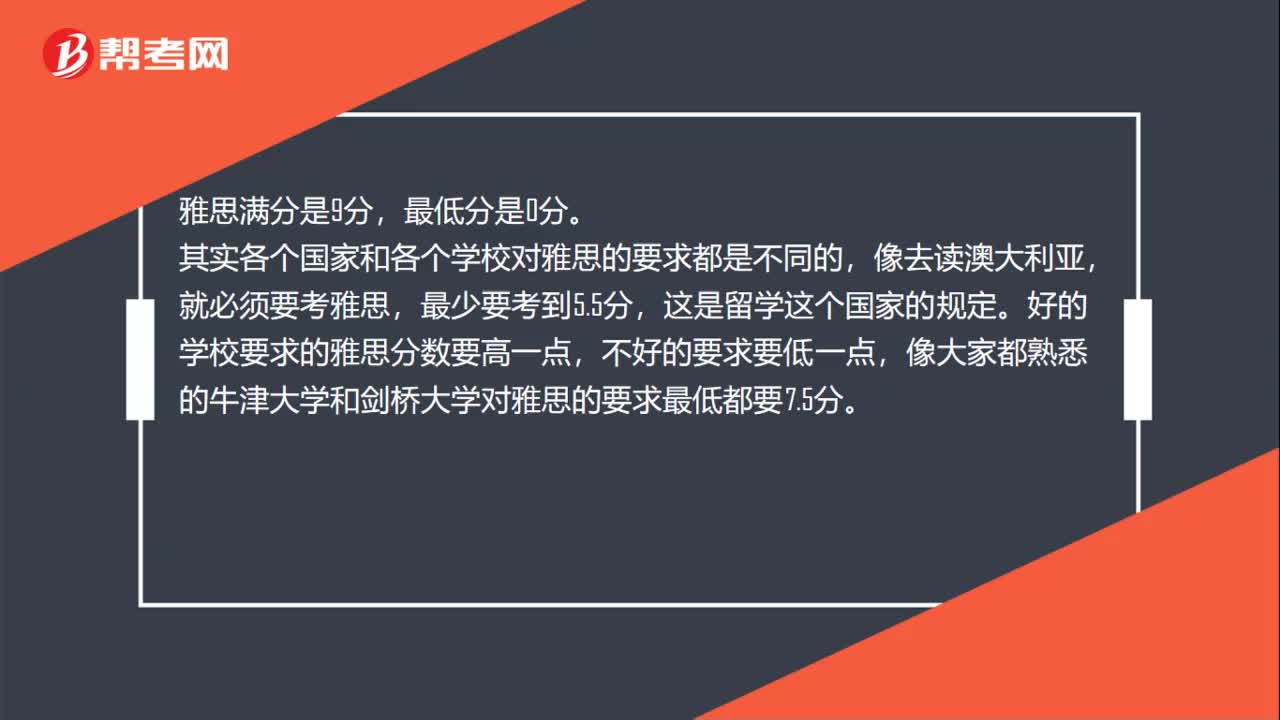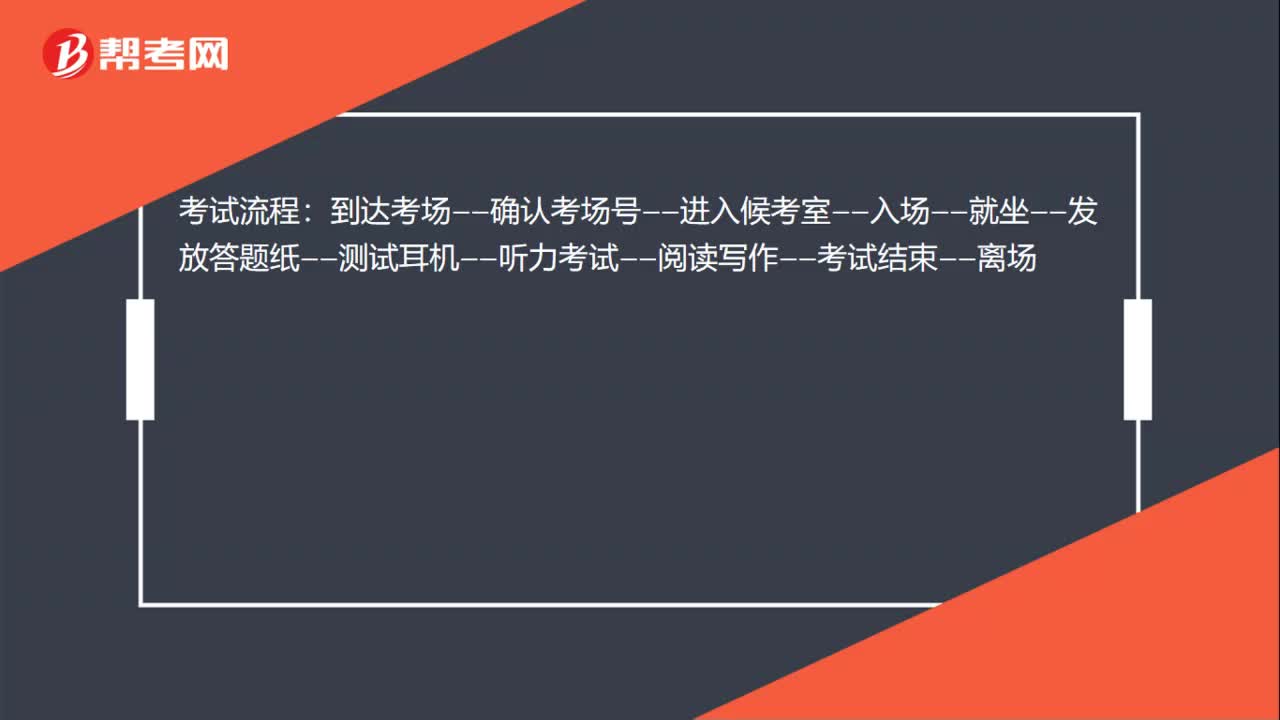
下载亿题库APP
联系电话:400-660-1360

下载亿题库APP
联系电话:400-660-1360

请谨慎保管和记忆你的密码,以免泄露和丢失

请谨慎保管和记忆你的密码,以免泄露和丢失

小伙伴们,雅思考试大家复习的怎么样了呢?下面是帮考网分享一些雅思考试阅读部分的复习资料,一起来看看吧!
阅读:
READING PASSAGE 1
You should spend about 20 minutes on Questions 1-13, which are based on Reading Passage 1 below.
Johnson’s Dictionary
For the century before Johnson’s Dictionary was published in 1775, there had been concern about the state of the English language. There was no standard way of speaking or writing and no agreement as to the best way of bringing some order to the chaos of English spelling. Dr Johnson provided the solution.
There had, of course, been dictionaries in the past, the first of these being a little book of some 120 pages, compiled by a certain Robert Cawdray, published in 1604 under the title A Table Alphabeticall ‘of hard usuall English wordes’. Like the various dictionaries that came after it during the seventeenth century, Cawdray’s tended to concentrate on ‘scholarly’ words; one function of the dictionary was to enable its student to convey an impression of fine learning.
Beyond the practical need to make order out of chaos, the rise of dictionaries is associated with the rise of the English middle class, who were anxious to define and circumscribe the various worlds to conquer- lexical as well as social and commercial. It is highly appropriate that Dr Samuel Johnson, the very model of an eighteenth-century literary man, as famous in his own time as in ours, should have published his Dictionary at the very beginning of the heyday of the middle class.
Johnson was a poet and critic who raised common sense to the heights of genius. His approach to the problems that had worried writers throughout the late seventeenth and early eighteenth centuries was intensely practical. Up until his time, the task of producing a dictionary on such a large scale had seemed impossible without the establishment of an academy to make decisions about right and wrong usage. Johnson decided he did not need an academy to settle arguments about language; he would write a dictionary himself; and he would do it single-handed. Johnson signed the contract for the Dictionary with the bookseller Robert Dosley at a breakfast held at the Golden Anchor Inn near Holborn Bar on 18 June 1764. He was to be paid £1,575 in instalments, and from this he took money to rent 17 Gough Square, in which he set up his ‘dictionary workshop’.
James Boswell, his biographer, described the garret where Johnson worked as ‘fitted up like a counting house’ with a long desk running down the middle at which the copying clerks would work standing up.
Johnson himself was stationed on a rickety chair at an ‘old crazy deal table’ surrounded by a chaos of borrowed books. He was also helped by six assistants, two of whom died whilst the Dictionary was still in preparation.
The work was immense; filling about eighty large notebooks (and without a library to hand), Johnson wrote the definitions of over 40,000 words, and illustrated their many meanings with some 114,000 quotations drawn from English writing on every subject, from the Elizabethans to his own time. He did not expect to achieve complete originality. Working to a deadline, he had to draw on the best of all previous dictionaries, and to make his work one of heroic synthesis. In fact, it was very much more. Unlike his predecessors, Johnson treated English very practically, as a living language, with many different shades of meaning. He adopted his definitions on the principle of English common law-according to precedent. After its publication, his Dictionary was not seriously rivalled for over a century.
After many vicissitudes the Dictionary was finally published on 15 April 1775. It was instantly recognised as a landmark throughout Europe. ‘This very noble work,’ wrote the leading Italian lexicographer, ‘will be a perpetual monument of Fame to the Author, an Honour to his own Country in particular, and a general Benefit to the republic of Letters throughout Europe.’ The fact that Johnson had taken on the Academies of Europe and matched them (everyone knew that forty French academics had taken forty years to produce the first French national dictionary) was cause for much English celebration.
Johnson had worked for nine years, ‘with little assistance of the learned, and without any patronage of the great; not in the soft obscurities of retirement, or under the shelter of academic bowers, but amidst inconvenience and distraction, in sickness and in sorrow’. For all its faults and eccentricities his two-volume work is a masterpiece and a landmark in his own words, ‘setting the orthography, displaying the analogy, regulating the structures, and ascertaining the significations of English words’. It is the cornerstone of Standard English, an achievement which, in James Boswell’s words, ‘conferred stability on the language of his country’.
The Dictionary, together with his other writing, made Johnson famous and so well esteemed that his friends were able to prevail upon King George Ⅲ to offer him a pension. From then on, he was to become the Johnson of folklore.
好了,以上就是今天分享的全部内容了,各位小伙伴根据自己的情况进行查阅,希望本文对各位有所帮助,预祝各位取得满意的成绩,如需了解更多相关内容,请关注帮考网!
 36
36雅思考试总分是多少?:雅思考试总分是多少?雅思满分是9分,最低分是0分。其实各个国家和各个学校对雅思的要求都是不同的,像去读澳大利亚,就必须要考雅思,最少要考到5.5分,这是留学这个国家的规定。好的学校要求的雅思分数要高一点,不好的要求要低一点,像大家都熟悉的牛津大学和剑桥大学对雅思的要求最低都要7.5分。
 21
21雅思考试有几种类型?:雅思考试有几种类型?雅思考试分学术类和培训类两种,分别针对申请留学的学生和计划在英语语言国家参加工作或移民的人士。考试分听、说、读、写四个部分,总分9分。
 26
26雅思考试内容有哪些?:雅思考试内容有哪些?雅思考试分为听力、阅读、口语、写作四个部分,一般需要两天时间。第一天的上午,全体考生都要参加相继进行的听力、阅读、写作三项考试;第一天的下午和第二天上午陆续举行口语考试。
 01:24
01:242020-06-01
 01:16
01:162020-06-01
 02:06
02:062020-06-01
 01:06
01:062020-06-01

微信扫码关注公众号
获取更多考试热门资料